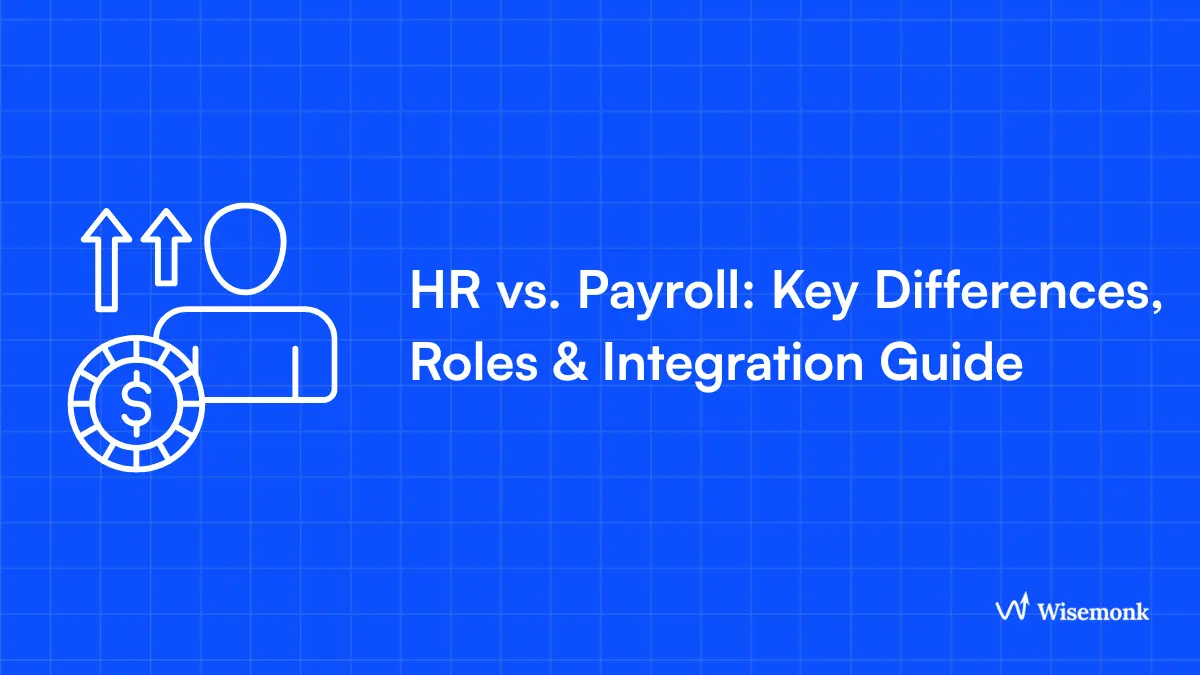- Legal Foundation: Fixed-term contracts are fully legal in India for temporary projects, requiring written agreements with clear business justification and predetermined end dates.
- Equal Benefits Mandate: Fixed-term employees must receive identical wages, allowances, and statutory benefits as permanent staff, calculated proportionally based on service period.
- Automatic Termination: Contracts expire automatically without notice or retrenchment compensation, but early termination requires proper notice periods and documented justification.
- Renewal Limitations: While legally unlimited, courts scrutinize repeated renewals that may suggest permanent employment needs, potentially reclassifying arrangements as permanent positions.
- Compliance Requirements: Employers must maintain comprehensive documentation, provide statutory benefits (EPF, ESI, gratuity), and ensure genuine temporary nature of work to avoid legal challenges.
- Strategic Implementation: Partner with an EOR like Wisemonk to navigate complex compliance requirements, reduce legal risks, and streamline fixed-term employment management in India.
What Are Fixed-Term Employment Contracts in India? [toc=Definition & Concept]
Fixed-term employment contracts (FTCs) in India represent a significant shift in the country's employment landscape, offering both employers and employees greater flexibility in their working arrangements. In our experience helping over 100 global companies navigate India's complex employment framework through our EOR services, we've observed that understanding FTCs is crucial for businesses looking to expand their workforce strategically.
Definition and Core Concept
A fixed-term employment contract is an employment arrangement where an employer hires an employee for a specific, predetermined period. This employment relationship automatically terminates when the fixed period expires, unless the parties agree to extend the arrangement or the employment is terminated early. The key distinguishing factor is that these contracts have a clear end date or milestone marking the conclusion of employment.
When Fixed-Term Contracts Are Appropriate
Based on our legal team's expertise in India employment compliance, FTCs are specifically designed for temporary projects and assignments. The leading principle requires that individuals are hired only for projects of a temporary nature. Common scenarios where employers may utilize fixed-term employees include:
- Working on time-bound projects
- Covering for employees on maternity leave (26 weeks)
- Managing seasonal peaks in workload
- Bringing in specialized expertise for specific initiatives
Types of Fixed-Term Employment Structures
We've identified three primary structures for FTC arrangements:
- Automatic termination contracts that end without prior notice on the predetermined date
- Early termination provision contracts that allow employers to terminate before expiry with notice
- Extension-based contracts that continue unless the employer provides notice of non-extension
In our understanding, the flexibility of these structures allows businesses to tailor contracts to their specific operational needs while maintaining compliance with Indian labor laws.
What Are the Legal Requirements and Framework for Fixed-Term Contracts? [toc=Legal Requirements]
The legal framework governing fixed-term employment in India has evolved significantly, and in our experience assisting international companies with employment contracts and legal documentation, understanding these regulations is essential for compliant hiring practices.
Primary Legislation and Recent Developments
Fixed-term employment is primarily regulated under the Industrial Employment (Standing Orders) Act, 1946, which was significantly amended in 2018 to expand FTC applicability beyond the apparel sector to all industries. The Act applies to industrial establishments employing at least 100 workers, though various states have amended this threshold to cover smaller establishments.
The Industrial Relations Code, 2020, which will replace the current Act when implemented, provides a comprehensive definition of fixed-term employment as "engagement of a worker on the basis of a written contract of employment for a fixed period".
Key Legal Requirements
Based on our legal team's analysis and expertise in payroll compliance, employers must ensure several critical compliance requirements:
Written Contract Mandate: A written appointment letter or contract stating the employment period must be provided to the worker. While execution in local language isn't specifically required, clear communication of terms is essential.
Justification Requirement: Courts have consistently held that there must be reasonable justification for hiring employees on a fixed-term basis, with the work being genuinely temporary in nature. We've observed that employers must avoid using FTCs to circumvent protections available to permanent employees.
Equal Treatment Provision: Fixed-term employees' wages, allowances, and benefits cannot be less than permanent employees performing similar work. This fundamental principle ensures non-discrimination in compensation structures.
Documentation and Record-Keeping: Proper documentation outlining contract terms, including start and end dates, justification for the arrangement, and termination provisions, is crucial for legal compliance.
Our compliance experts emphasize that misuse of FTC provisions—such as repeatedly renewing contracts with artificial gaps to avoid permanent employment obligations—can result in courts deeming the arrangement as unfair labor practice.
What Rights and Benefits Do Fixed-Term Employees Have? [toc=Employee Rights]
In our extensive experience managing employee benefits for international companies through our comprehensive HR outsourcing services, we've found that fixed-term employees enjoy comprehensive rights and protections, ensuring they're not disadvantaged compared to their permanent counterparts.
Equal Benefits and Compensation
Fixed-term employees are entitled to the same wages, working hours, allowances, and benefits as permanent employees performing similar work. This includes all statutory benefits available to permanent workers, calculated proportionately according to their service period, even if they don't meet the typical qualifying period requirements.
Statutory Benefits Coverage
Our HR specialists, who manage payroll outsourcing for numerous global clients, have identified the following key statutory benefits available to fixed-term employees:
Additional Protections and Rights
Non-Discrimination Principle: Fixed-term employees cannot be discriminated against based on their temporary status and should receive equal treatment regarding working conditions, compensation, and other benefits.
Proportional Benefit Calculation: Even when fixed-term employees don't complete the minimum service period typically required for certain benefits, they remain eligible for proportionate payments. This ensures fairness and prevents exploitation.
Government Scheme Eligibility: Fixed-term employees can participate in various government initiatives, including the Pradhan Mantri Shram Yogi Maan-dhan pension scheme and Pradhan Mantri Rojgar Protsahan Yojana.
Career Development Opportunities: While not legally mandated, many employers extend training, development opportunities, and potential conversion to permanent positions based on performance and business requirements.
We've observed that these comprehensive protections make fixed-term employment an attractive option for both employers seeking flexibility and employees wanting job security with competitive benefits. Our detailed onboarding process ensures all employees understand their rights from day one.
How Do Fixed-Term Contracts Differ from Permanent Employment? [toc=Fixed-Term vs Permanent]
In our experience navigating the Indian employment landscape for numerous global companies through our contract management solutions, we've observed that understanding the key differences between fixed-term and permanent employment is crucial for making strategic hiring decisions. These distinctions impact everything from legal obligations to employee retention and operational flexibility.
Contract Duration and Purpose
The fundamental difference lies in the employment duration:
- Fixed-Term Contracts: Have a predetermined end date or milestone marking employment conclusion, typically under 4 years in duration. As the search results indicate, "A fixed-term contract is usually under 4 years – if it exceeds this time period then it is a permanent employment contract".
- Permanent Employment: Has no predetermined end date and continues indefinitely until either party terminates the relationship. This remains "the most common form of employment agreement in India" and applies to both full-time and part-time arrangements.
Comparison of Key Elements
Based on our legal team's analysis and expertise in Indian labor law compliance, here's how fixed-term and permanent employment compare across critical dimensions:
Job Security Considerations
Our HR specialists have noted significant differences in job security:
- Fixed-Term Employees: "Less job security. Employment ends with contract expiry or project completion".
- Permanent Employees: "Higher job security. Difficult to terminate without valid reason (Industrial Disputes Act, 1947)".
Notice Period Requirements
Notice period requirements also differ substantially:
- Fixed-Term Contracts: "The notice period for termination of employment must be at least one week if the employee has been employed for less than six months and at least two weeks if the employee has been hired for more than six months" for early termination scenarios.
- Permanent Employment: "Longer notice period. Regulated by Industrial Employment (Standing Orders) Act, 1946", typically ranging from 30-90 days based on seniority and role.
Strategic Considerations for Employers
We've found that each employment type serves distinct business needs:
- When Fixed-Term Makes Sense: Seasonal peaks, specific projects, maternity coverage, specialized expertise needs, and uncertain business conditions.
- When Permanent Employment Makes Sense: Core operational roles, positions requiring significant training investment, leadership positions, and roles where continuity is critical.
What Are the Compliance Requirements and Termination Procedures? [toc=Compliance & Termination]
Through our extensive experience in Indian employment compliance and employee termination management, we've identified several critical areas where businesses must maintain vigilance when implementing fixed-term contracts. Proper compliance and termination procedures are essential to avoid disputes and potential legal challenges.
Documentation Requirements
Our legal team emphasizes that proper documentation is the foundation of compliance for fixed-term contracts through our comprehensive legal documentation services:
Written Contract Mandate: "A written appointment letter or contract stating the employment period must be provided to the worker". This document must clearly define:
- Specific start and end dates
- Detailed job responsibilities
- Compensation structure
- Working hours and location
- Benefits entitlement
- Early termination provisions
- Contract renewal conditions
Justification Documentation: Courts have consistently held that employers should maintain documentation justifying the temporary nature of the position. According to our research, "Employers should have sufficient justification to employ an individual on an FTC as opposed to an ongoing employment relationship".
Record-Keeping Requirements: Maintain comprehensive records of:
- All employment contracts and renewals
- Performance evaluations
- Attendance records
- Benefit calculations
- Any disciplinary actions
Termination Procedures for Fixed-Term Contracts
Based on our compliance experts' guidance and experience with employee exit processes, termination procedures vary depending on whether the contract reaches its natural conclusion or is terminated early:
Natural Expiration:
- "No notice or retrenchment pay is due when the contract expires"
- Provide a formal end-of-service certificate
- Complete final settlement within statutory timeframes
- Return company property and credentials
- Conduct exit interview for feedback
Early Termination:
- "It is recommended to include a clause in the contract that establishes which payments or notice periods are required in case either the factory or the worker wants to terminate the contract before the agreed period for reasons other than misconduct"
- Follow the notice period specified in the contract
- Document the reasons for termination
- Calculate proportionate benefits and dues
- Ensure all statutory payments are made
Renewal and Extension Considerations
Our HR specialists have identified important compliance aspects related to contract renewals:
Renewal Documentation: Create a new contract or formal extension document for each renewal period.
Renewal Limitations: While "There is no legal restriction with respect to renewal of FTCs", courts scrutinize repeated renewals that may suggest permanent needs. "If a given factory keeps on renewing the fixed-term contract of workers, it could be held as a misuse of the provision of law if it is established that the use of fixed-term contracts is not to adjust production to seasonality in demand but to evade statutory liabilities".
Gap Between Contracts: Avoid artificial gaps between successive contracts to circumvent permanent employment obligations. Courts have found such arrangements to be "in bad faith since it found the gaps between successive fixed-term appointments to be artificial breaks intended to prevent a permanent employment relationship".
How Can Wisemonk Help You Navigate Fixed-Term Employment in India? [toc=Wisemonk Services]
At Wisemonk, we've built specialized expertise in fixed-term employment arrangements in India, offering comprehensive support to global companies looking to leverage this flexible staffing option while maintaining full compliance with local regulations through our comprehensive EOR platform.
Expert Contract Development and Management
Our legal team crafts customized fixed-term employment contracts that balance employer flexibility with full regulatory compliance:
- Tailored Documentation: "Wisemonk assists clients in drafting legally compliant offer letters that are in line with Indian labor laws and best practices", including specialized provisions for fixed-term arrangements.
- Proper Justification Framework: We help establish and document legitimate business reasons for fixed-term employment to withstand potential legal scrutiny.
- Contract Renewal Management: Our system tracks contract expiration dates and manages renewals appropriately, avoiding the pitfalls of improper extensions that courts might view as circumventing permanent employment protections.
Comprehensive Compliance Management
Our compliance specialists ensure your fixed-term employment practices remain fully aligned with India's complex regulatory framework through our India compliance management:
- Legal Updates Monitoring: "Wisemonk ensures full compliance with Indian labor laws, taking on all compliance risks associated with local employment".
- Proper Benefit Administration: We calculate and administer proportionate benefits for fixed-term employees, ensuring equal treatment as mandated by law through our automated payroll systems.
- Tax Optimization: "Wisemonk provides specialized tax planning within India's framework, potentially increasing employee take-home pay by 15-20% through strategic compensation structuring while maintaining full compliance".
Streamlined Termination and Transition Processes
Our HR team manages the entire lifecycle of fixed-term employment through our end-to-end HR solutions:
- End-of-Contract Management: We handle all aspects of contract conclusion, including proper notice, documentation, and final settlements.
- Early Termination Support: When necessary, we provide guidance on compliant early termination procedures to minimize legal risks.
- Transition Assistance: We can facilitate transitions from fixed-term to permanent employment when business needs evolve.
Practical Benefits of Partnering with Wisemonk
Our clients experience tangible advantages when utilizing our fixed-term employment services:
- Risk Mitigation: "Wisemonk takes on all compliance risks associated with local employment", protecting your company from potential legal challenges.
- Operational Efficiency: "Our clients report that employees save up to ₹40,000 annually in taxes" through our optimized benefits structures.
- Fast Implementation: "Wisemonk processes new hires in just 48 hours, letting companies tap into Indian talent pools 3-5 days faster than global EOR alternatives".
- Cost Effectiveness: We offer "the most affordable Employer of Record services for India starting at just $99 per employee monthly, significantly undercutting global EOR providers".
By partnering with Wisemonk for your fixed-term employment needs, you gain a trusted advisor with deep local expertise and a proven track record of helping global companies navigate India's complex employment landscape with confidence and efficiency.
Frequently asked questions
Can you resign from fixed term employment?
Yes, employees can resign from fixed-term contracts before the end date, but early termination typically requires notice as specified in the contract. In our experience, most contracts stipulate 1-2 weeks notice for employees with less than six months service, and longer periods for extended tenures. However, resigning early may result in penalty clauses or forfeiture of certain benefits. We recommend reviewing contract terms carefully before making this decision.
What is the maximum length of a fixed term contract?
Fixed-term contracts in India typically have a maximum duration of 4 years. If employment exceeds this timeframe, it automatically converts to permanent employment. We've observed that most companies structure contracts for shorter periods, 6 months to 2 years, to maintain flexibility. There's no legal restriction on renewals, but courts scrutinize repeated extensions that may suggest permanent employment needs. Our EOR services help structure appropriate contract durations based on business requirements.
What are the disadvantages of a fixed-term contract?
Fixed-term contracts present several challenges for employees: job insecurity due to predetermined end dates, potential gaps between contract renewals, limited career progression opportunities within the organization, and possible exclusion from certain long-term benefits or training programs. For employers, disadvantages include higher recruitment costs, reduced employee loyalty, and legal risks if contracts are misused. We help mitigate these challenges through our comprehensive HR solutions.
Is gratuity applicable for a fixed-term contract?
Yes, fixed-term employees are entitled to gratuity on a proportional basis, even if they don't complete the traditional 5-year qualifying period. Recent amendments ensure equal treatment with permanent employees. However, the updated gratuity provisions for fixed-term employees under certain conditions haven't been fully implemented yet. In our experience managing payroll compliance, we ensure accurate calculation and timely payment of all statutory benefits, including proportional gratuity for fixed-term employees.
Can contract employee become permanent in India?
Yes, fixed-term employees can become permanent through various routes: automatic conversion after 4 years of continuous employment, employer discretion based on performance and business needs, or court interventions in specific cases. Recent High Court rulings suggest contract workers completing 480 days within two years may be entitled to permanent status. We've helped numerous clients navigate these transitions through our employment management services while ensuring full legal compliance.
Is there a penalty for breaking a contract?
Yes, the Supreme Court has confirmed that employers can impose reasonable penalties on employees who break minimum service tenure agreements or resign before completing contractual obligations. However, penalties must be justified as liquidated damages for actual losses incurred, not punitive measures. We've observed that penalty amounts should reflect training costs or business disruption. Our legal compliance expertise helps structure fair penalty clauses that protect both parties' interests.
Is an employment bond legal in India?
Employment bonds requiring minimum service tenure are legal and enforceable in India, as confirmed by recent Supreme Court rulings. However, post-employment non-compete clauses are generally invalid under Section 27 of the Indian Contract Act. Bonds must have reasonable tenure periods and justified penalty amounts reflecting actual employer investment. We help clients draft compliant employment agreements that balance business protection with employee rights, ensuring legal enforceability.
.webp)




.webp)
.webp)

.webp)

.webp)



.webp)
.webp)







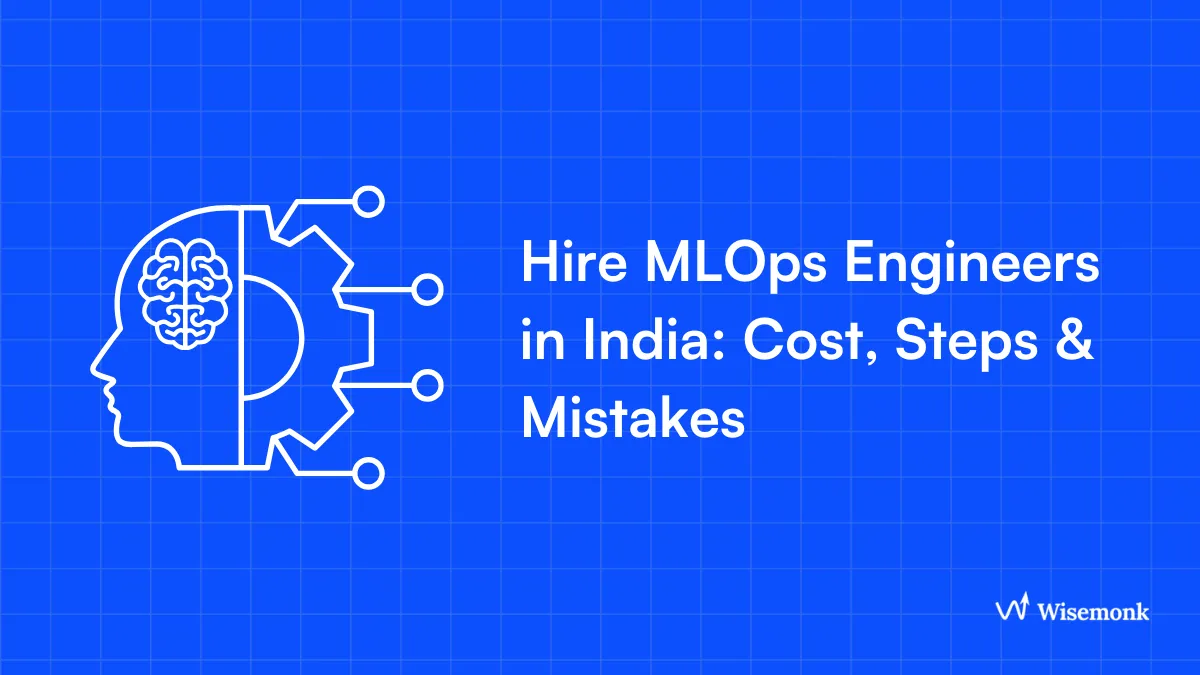
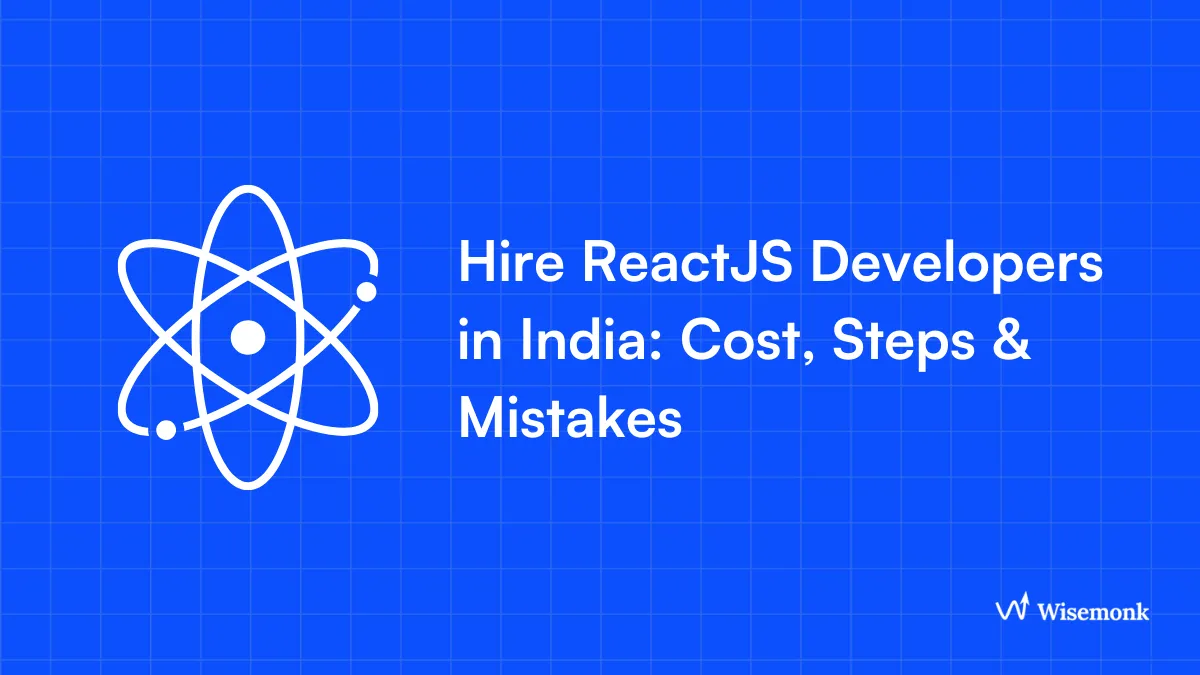
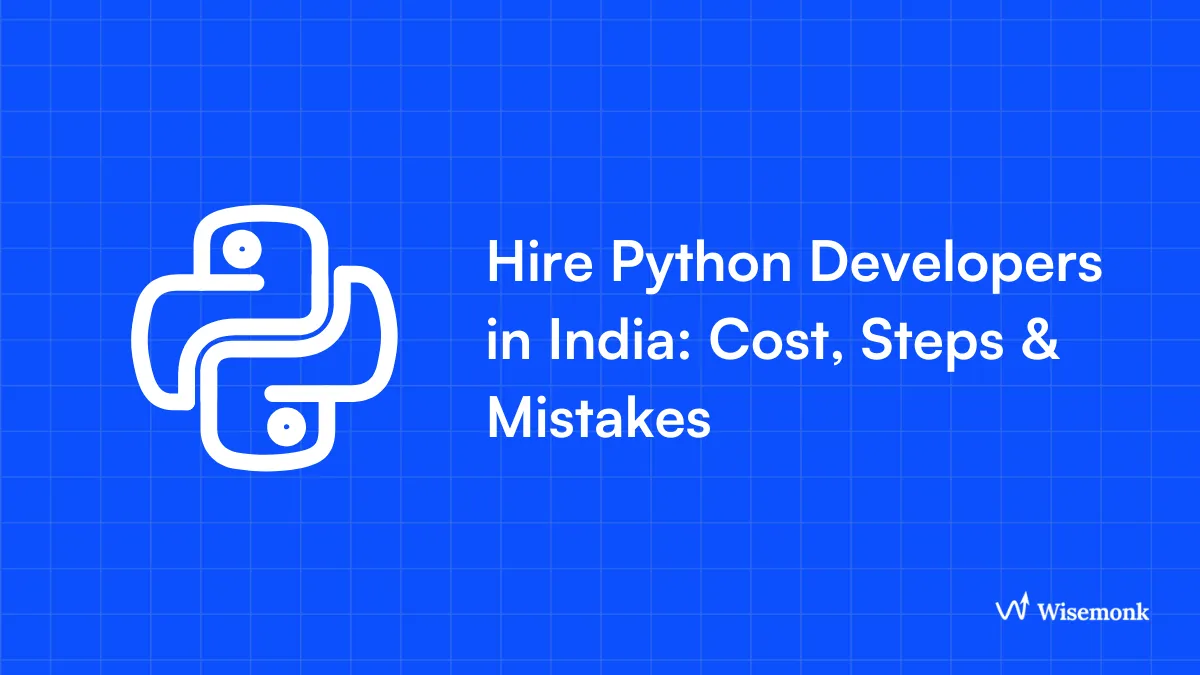


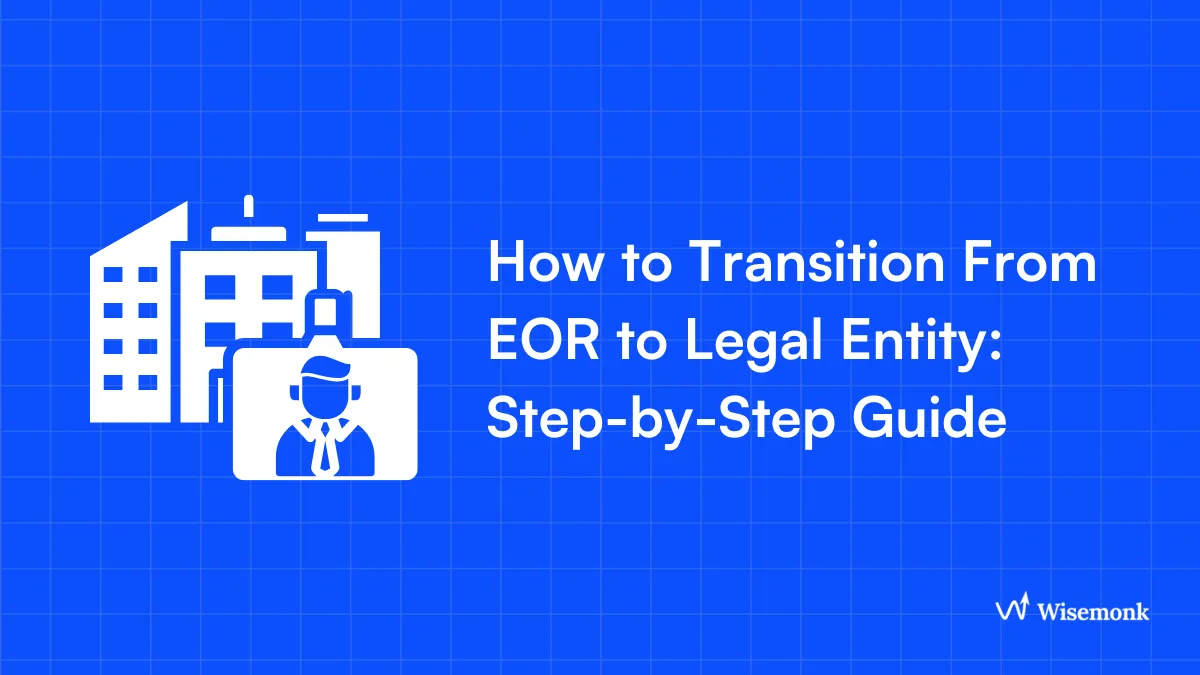

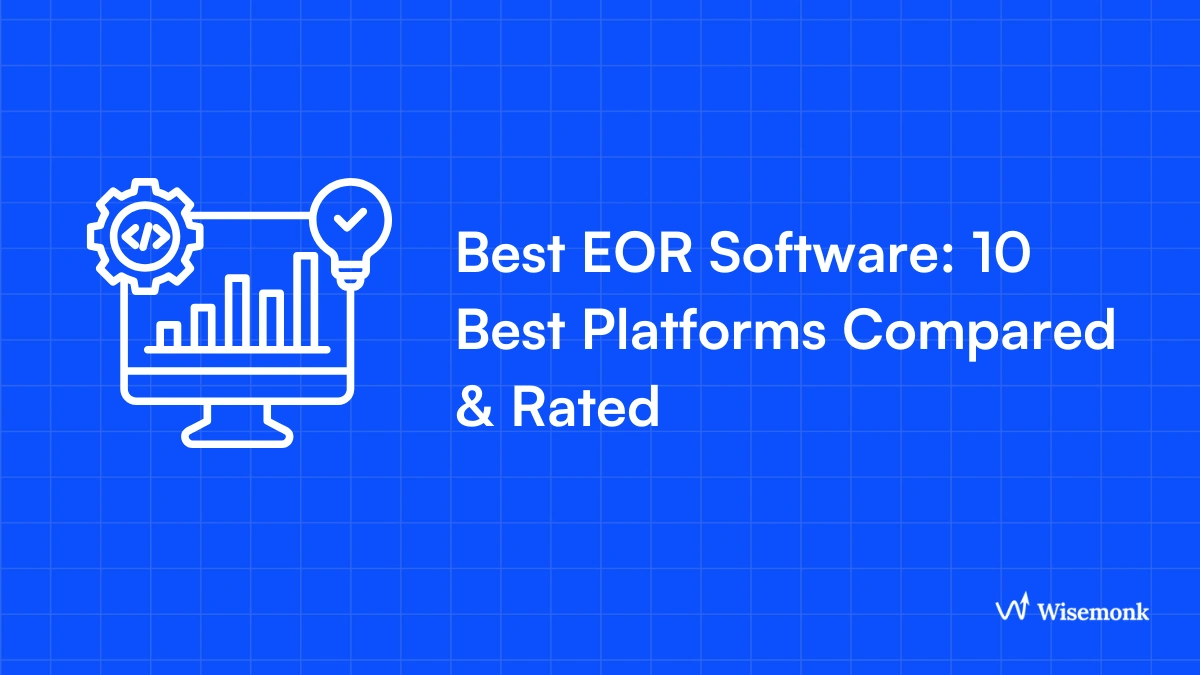
.webp)
.webp)
.webp)





.webp)

.webp)



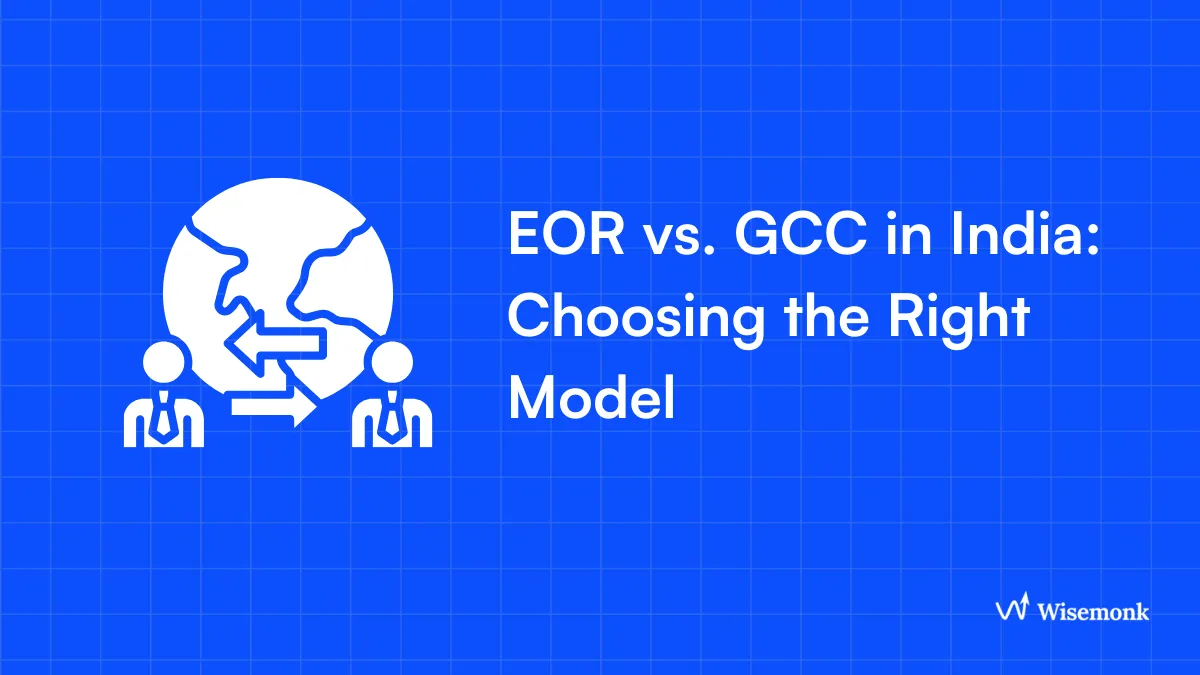

.webp)





.webp)

%20in%20India.webp)
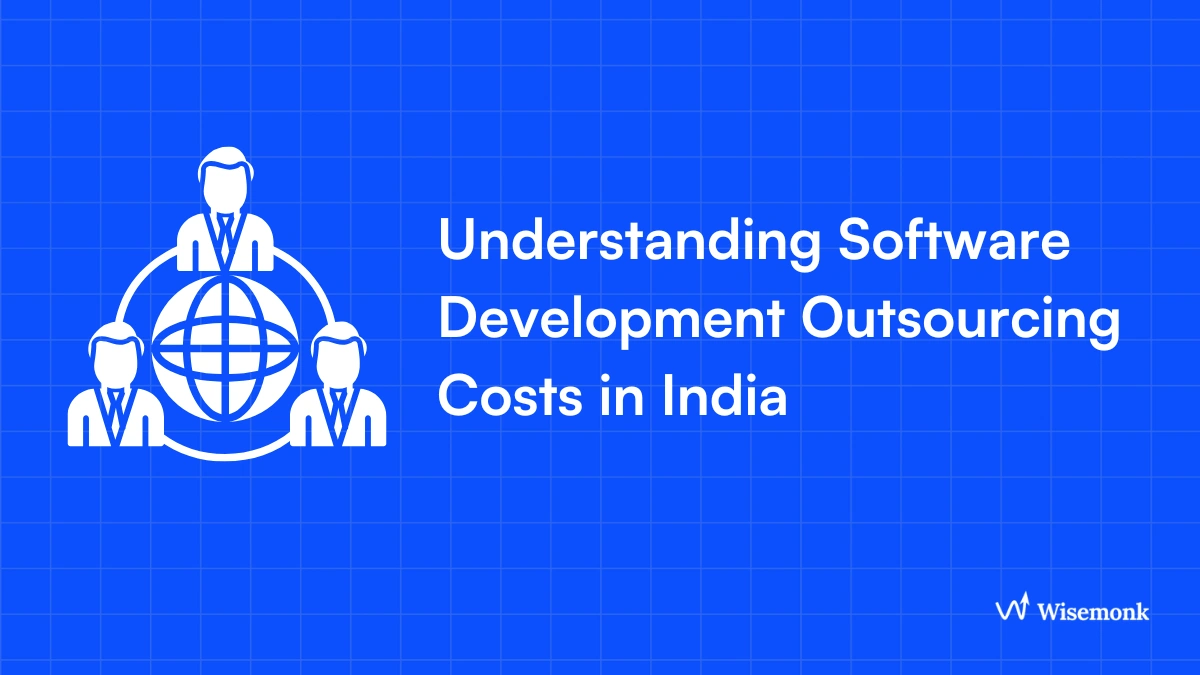

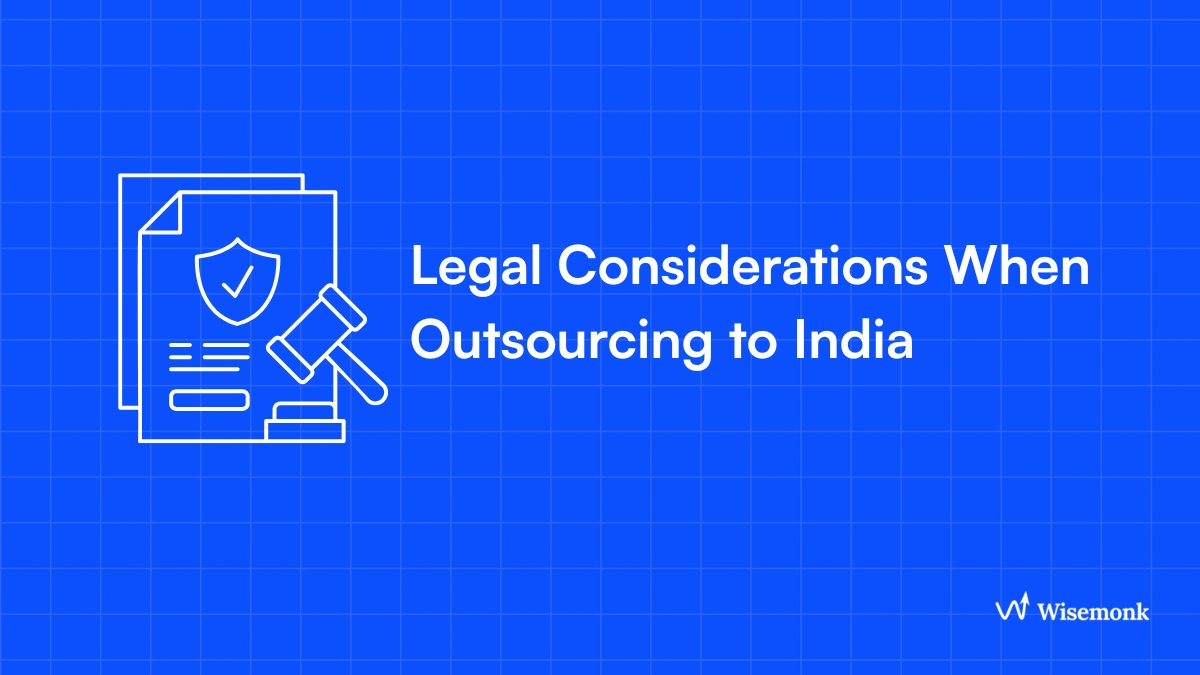




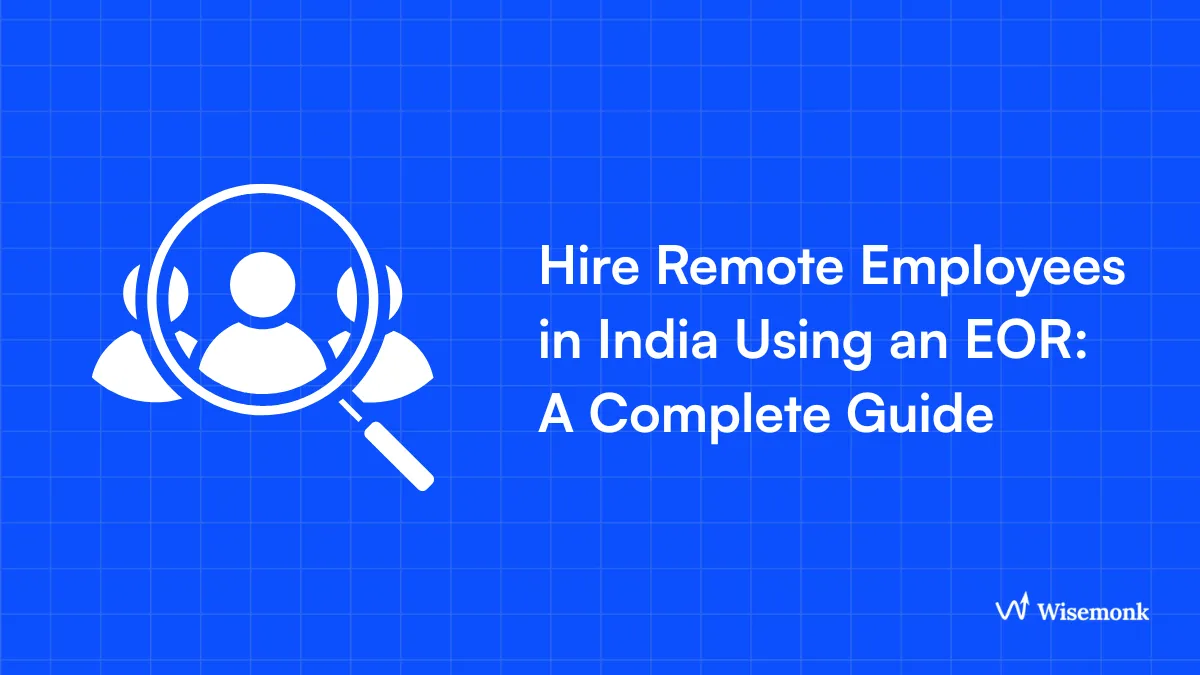



.webp)
.webp)



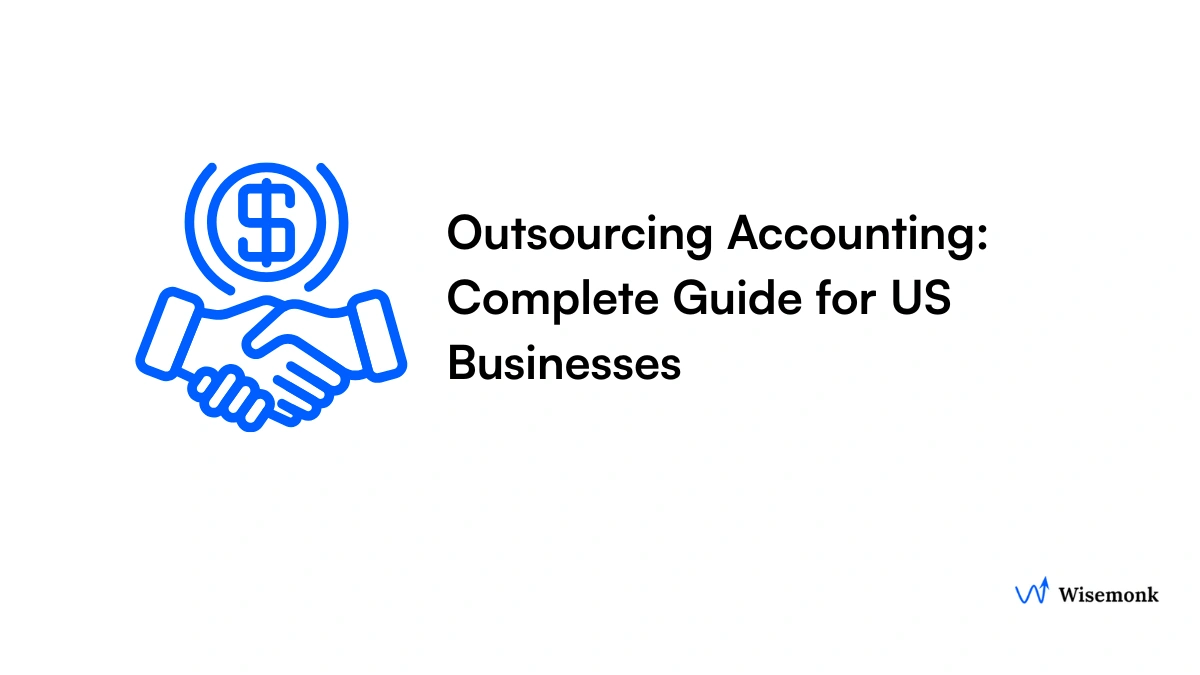
%20(3).webp)

.webp)


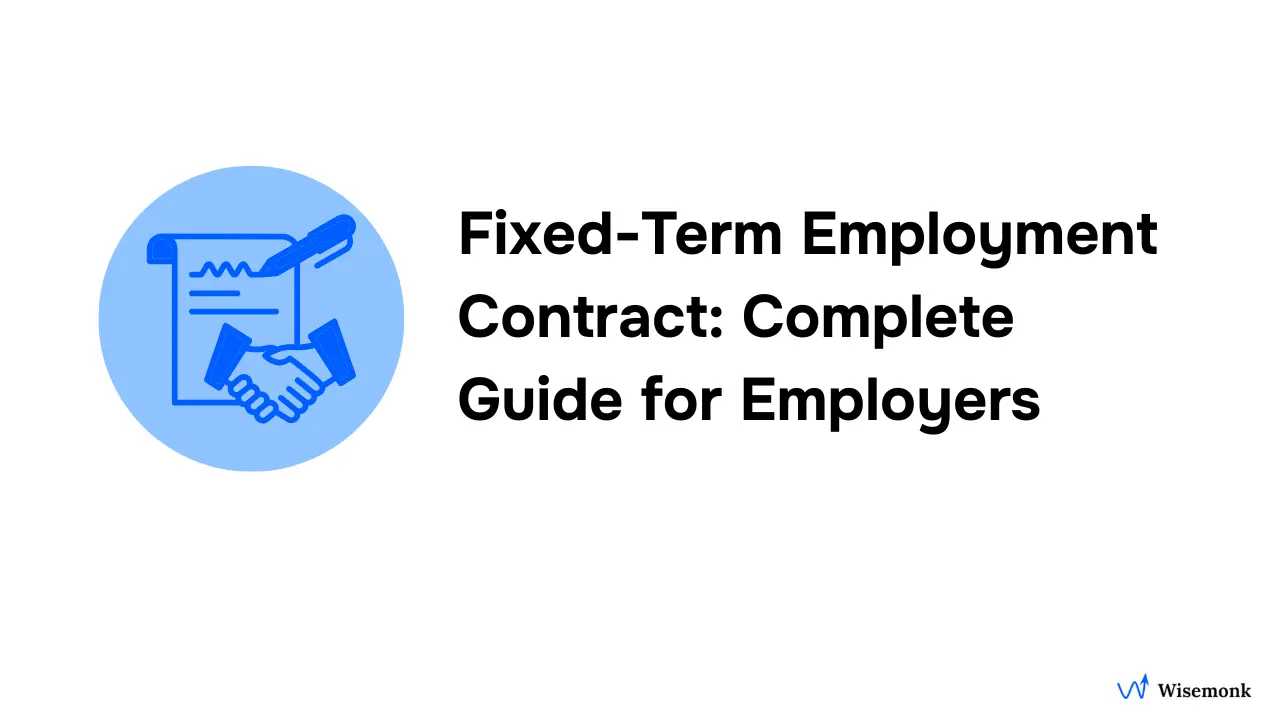
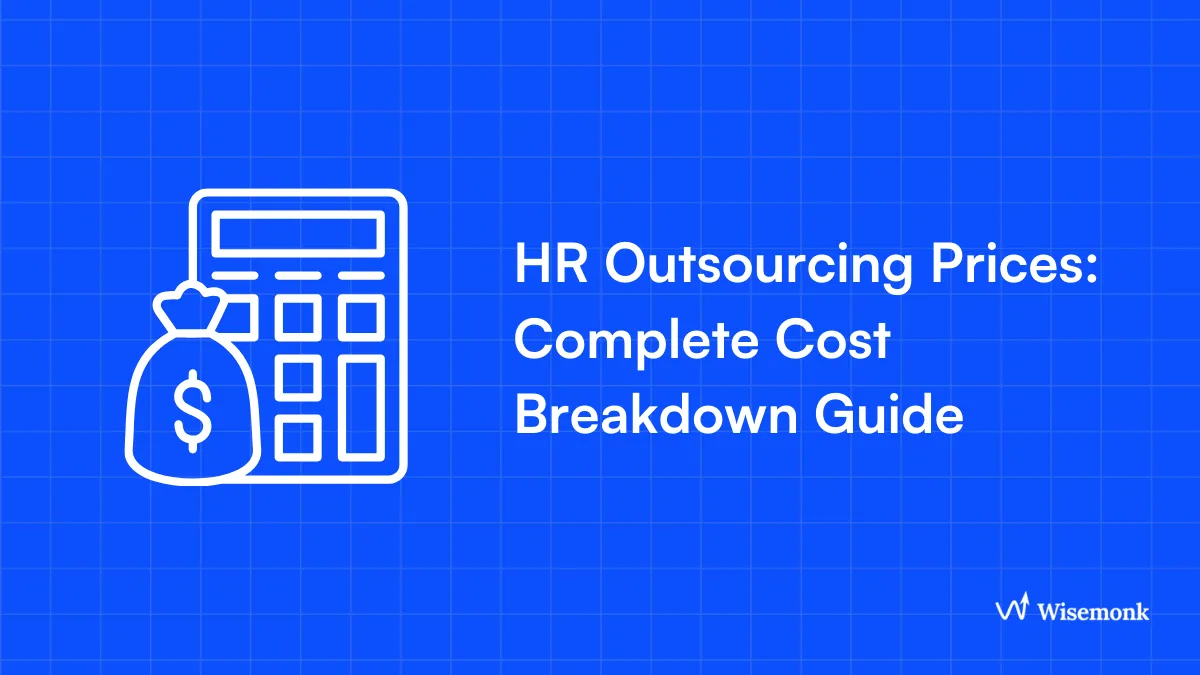
.webp)
.webp)
.webp)

.webp)


.webp)

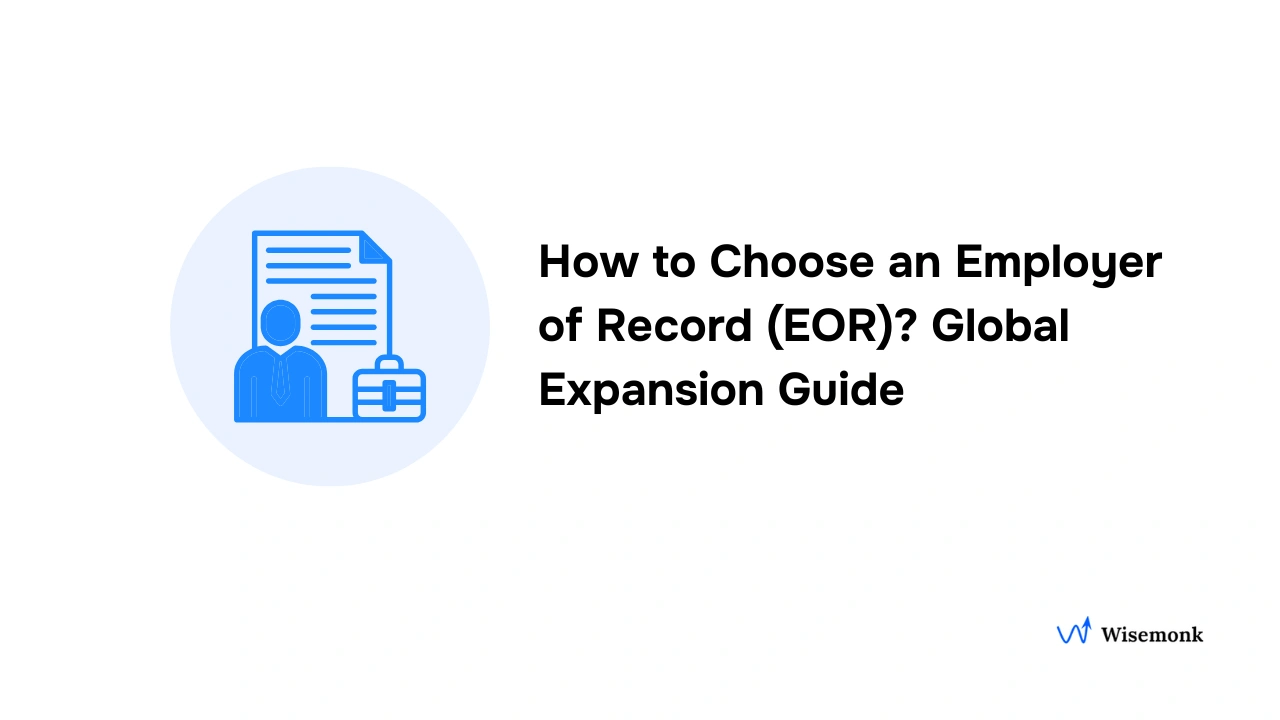
.webp)

.webp)

.webp)
.webp)


.webp)
